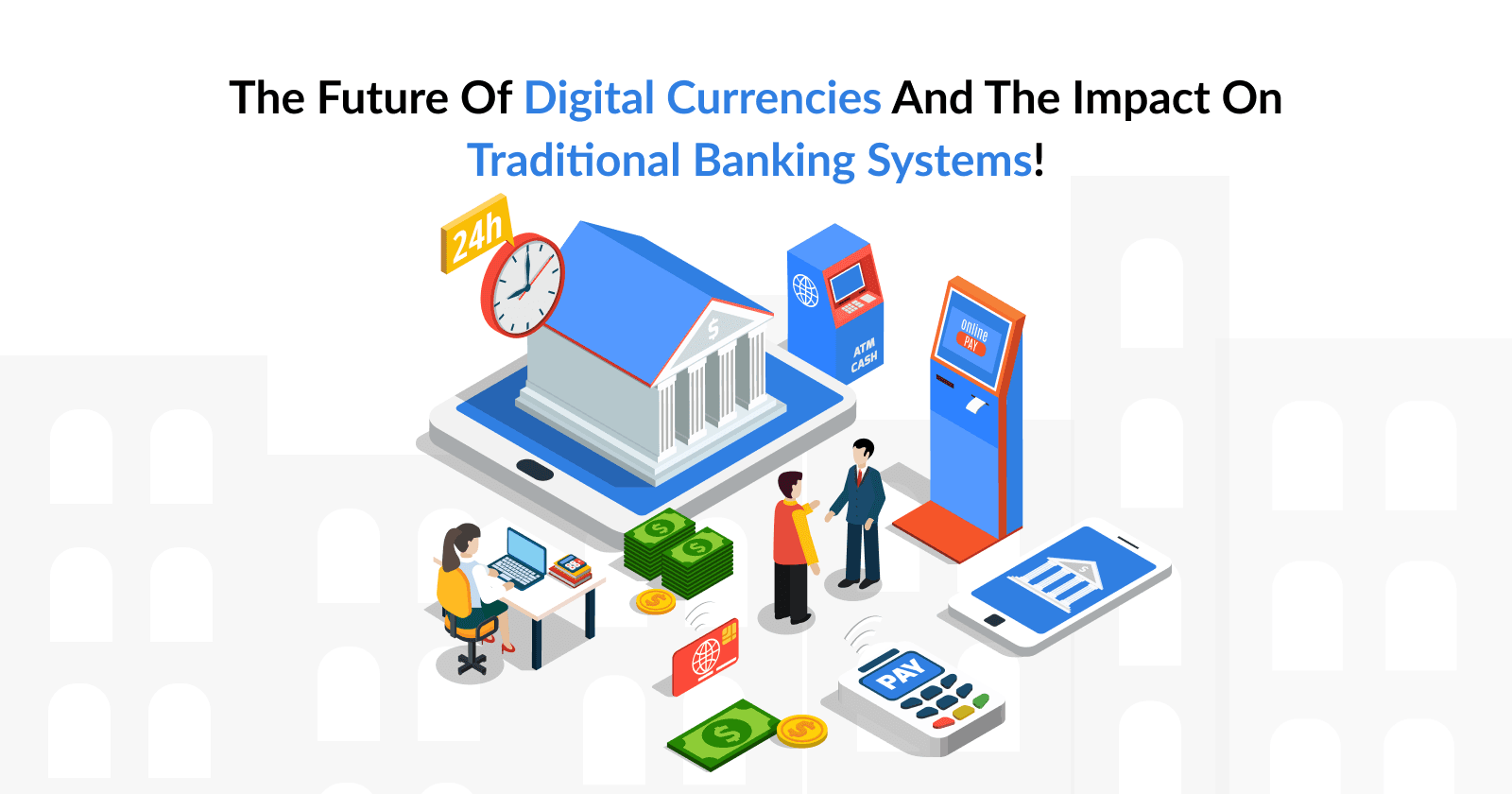Introduction
In recent years, the financial technology (fintech) industry has witnessed explosive growth, with more consumers opting for online transactions. While fintech has revolutionized the way people conduct financial transactions, it also brings with it the risks of cyber-attacks and fraud.
In recent years, the financial technology (fintech) industry has witnessed explosive growth, with more consumers opting for online transactions. While fintech has revolutionized the way people conduct financial transactions, it also brings with it the risks of cyber-attacks and fraud. Cybersecurity has become a critical factor in ensuring the safety and security of online transactions in the fintech industry.
This blog will discuss the role of cybersecurity in the fintech industry, its benefits, challenges, and opportunities.
What is Fintech?
Fintech is an umbrella term that refers to various innovative technologies that aim to provide financial services to consumers and businesses. These technologies leverage the power of the internet, mobile devices, and other digital channels to offer financial services such as banking, insurance, investment, and wealth management. Fintech has disrupted the traditional financial services industry by making financial services more accessible, affordable, and convenient to the masses.
The Role of Cybersecurity in Fintech
As fintech companies continue to gain momentum, they are also becoming a prime target for cybercriminals. Cybersecurity has become an essential aspect of the fintech industry, and it plays a crucial role in ensuring the safety and security of online transactions. Cybersecurity in fintech involves implementing various security measures to protect financial data, prevent unauthorized access, and mitigate the risk of cyber-attacks and fraud. Some of the critical areas of cybersecurity in fintech include:
Authentication and Authorization
Authentication and authorization are critical aspects of cybersecurity in fintech. They involve the verification of user identity and authorization of access to financial data and transactions. Fintech companies use various authentication and authorization mechanisms such as passwords, biometrics, and two-factor authentication to prevent unauthorized access to financial data.
Encryption
Encryption is another essential aspect of cybersecurity in fintech. It involves the conversion of sensitive financial data into a code that can only be deciphered with the appropriate key. Encryption ensures that financial data transmitted over the Internet is secure and cannot be intercepted by unauthorized parties.
Fraud Detection and Prevention
Fintech companies use various fraud detection and prevention measures to identify and prevent fraudulent activities. These measures include real-time transaction monitoring, machine learning algorithms, and behavior analytics to detect anomalies in transaction patterns and identify potential frauds.
Compliance
Fintech companies must comply with various regulatory requirements to ensure the safety and security of online transactions. Compliance measures include data protection, anti-money laundering (AML), know-your-customer (KYC), and other regulatory requirements to prevent financial crimes.
Benefits of Cybersecurity in Fintech

The implementation of robust cybersecurity measures in fintech offers several benefits, including:
Protects Sensitive Financial Data
Cybersecurity measures protect sensitive financial data such as bank account details, credit card information, and other financial data from cyber-attacks and frauds. This ensures that the financial data of consumers and businesses are secure and cannot be accessed by unauthorized parties.
Ensures Business Continuity
Cybersecurity measures ensure business continuity by preventing cyber-attacks that could disrupt fintech services. Cyber-attacks can lead to system downtime, loss of data, and financial losses for fintech companies. Robust cybersecurity measures ensure that fintech services are available to consumers and businesses at all times.
Builds Trust and Confidence
The implementation of robust cybersecurity measures in fintech builds trust and confidence among consumers and businesses. Consumers and businesses are more likely to use fintech services that have a reputation for being secure and safe.
Challenges of Cybersecurity in Fintech
While cybersecurity in fintech offers several benefits, it also comes with some challenges, including:
Evolving Cyber Threat Landscape
The cyber threat landscape is constantly evolving, and cybercriminals are always coming up with new ways to launch cyber-attacks on fintech companies. Fintech companies must stay updated with the latest cybersecurity trends and technologies to ensure that their systems are secure.
Compliance with Regulatory Requirements
Fintech companies must comply with various regulatory requirements to ensure the safety and security of online transactions. Compliance with regulatory requirements can be complex and time-consuming, and failure to comply can lead to severe penalties and reputational damage.
Cost of Cybersecurity Measures
The implementation of robust cybersecurity measures in fintech can be expensive. Fintech companies must allocate significant resources to cybersecurity measures, which can impact their profitability.
Opportunities for Cybersecurity in Fintech
The growing importance of cybersecurity in fintech presents several opportunities, including:
Development of New Cybersecurity Technologies
The evolving cyber threat landscape creates opportunities for the development of new cybersecurity technologies that can enhance the security of fintech systems. Fintech companies can partner with cybersecurity firms to develop innovative solutions to protect their systems.
Increased Demand for Cybersecurity Professionals
The growing importance of cybersecurity in fintech has led to an increased demand for cybersecurity professionals. Fintech companies can hire cybersecurity experts to design and implement robust cybersecurity measures to protect their systems.
Competitive Advantage
Fintech companies that invest in robust cybersecurity measures can gain a competitive advantage over their rivals. Consumers and businesses are more likely to use fintech services that have a reputation for being secure and safe.
Conclusion
Cybersecurity has become a critical factor in ensuring the safety and security of online transactions in the fintech industry. The implementation of robust cybersecurity measures in fintech offers several benefits, including protecting sensitive financial data, ensuring business continuity, and building trust and confidence among consumers and businesses.
However, cybersecurity in fintech also comes with some challenges, such as compliance with regulatory requirements and the cost of cybersecurity measures. The growing importance of cybersecurity in fintech presents several opportunities, including the development of new cybersecurity technologies, increased demand for cybersecurity professionals, and gaining a competitive advantage over rivals.
A Comprehensive Approach to Cybersecurity: How Remotestate Can Help Businesses Protect Themselves Against Threats!
Remotestate offers customized solutions to address the specific cybersecurity needs of businesses. They work closely with clients to understand their unique requirements and develop strategies to effectively protect against cyber threats. This approach ensures that clients receive solutions that are tailored to their individual needs and circumstances.
In addition to offering customized solutions, Remotestate has expertise in the latest cybersecurity trends and technologies. They stay up-to-date with the latest threats and can recommend and implement the most effective measures to protect against them. Their expertise also extends to areas such as data protection, network security, and cloud security, among others.
Another way in which Remotestate can help businesses is by ensuring regulatory compliance. They can help businesses navigate the complex web of regulatory requirements that govern cybersecurity and ensure that their cybersecurity measures meet the necessary standards. This can help businesses avoid fines and other penalties for noncompliance.
In summary, Remotestate can help businesses with their cybersecurity needs by providing customized solutions, expertise in the latest cybersecurity trends and technologies, regulatory compliance assistance, ongoing monitoring and support, and cost-effective solutions. By partnering with Remotestate, businesses can ensure the safety and security of their systems and data, while also maximizing their cybersecurity investments.
FAQs
What is fintech?
Fintech is an umbrella term that refers to various innovative technologies that aim to provide financial services to consumers and businesses. These technologies leverage the power of the internet, mobile devices, and other digital channels to offer financial services such as banking, insurance, investment, and wealth management.
What is the role of cybersecurity in fintech?
Cybersecurity in fintech involves implementing various security measures to protect financial data, prevent unauthorized access, and mitigate the risk of cyber-attacks and fraud. The role of cybersecurity in fintech is to ensure the safety and security of online transactions.
What are the benefits of cybersecurity in fintech?
The benefits of cybersecurity in fintech include protecting sensitive financial data, ensuring business continuity, and building trust and confidence among consumers and businesses.
What are the challenges of cybersecurity in fintech?
The challenges of cybersecurity in fintech include the evolving cyber threat landscape, compliance with regulatory requirements, and the cost of cybersecurity measures.
What are the opportunities for cybersecurity in fintech?
The opportunities for cybersecurity in fintech include the development of new cybersecurity technologies, increased demand for cybersecurity professionals, and gaining a competitive advantage over rivals.
Publication Date
2023-04-11
Category
Fintech
Author Name
Sajal Nehra


